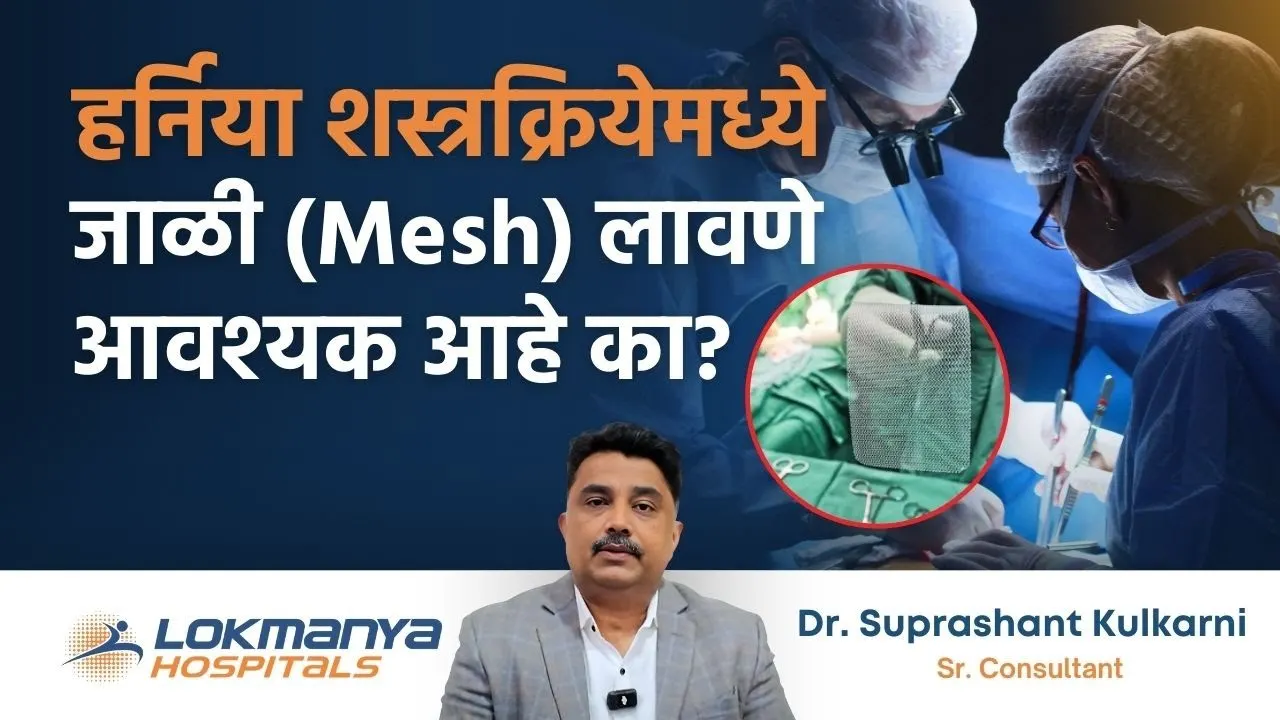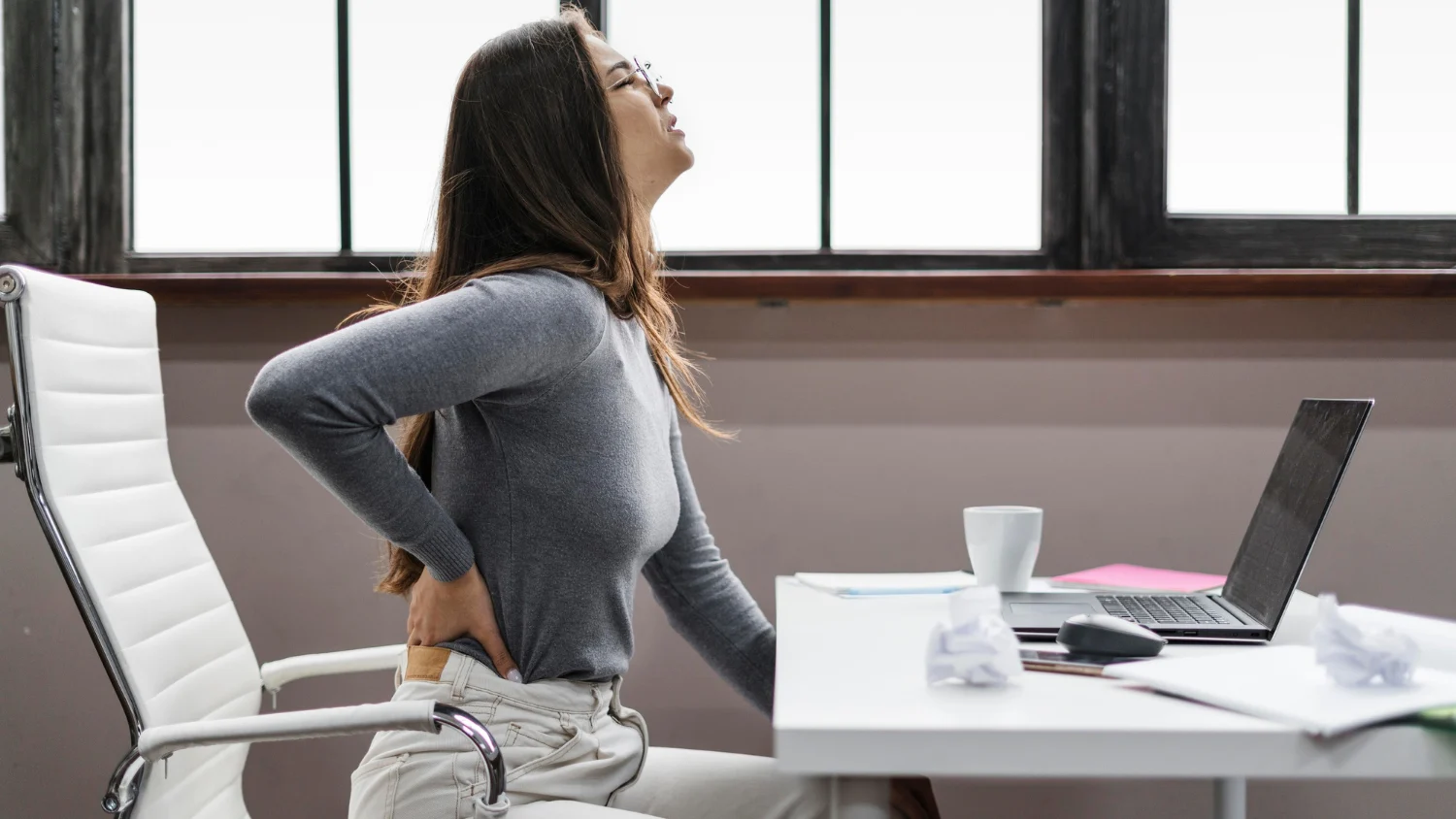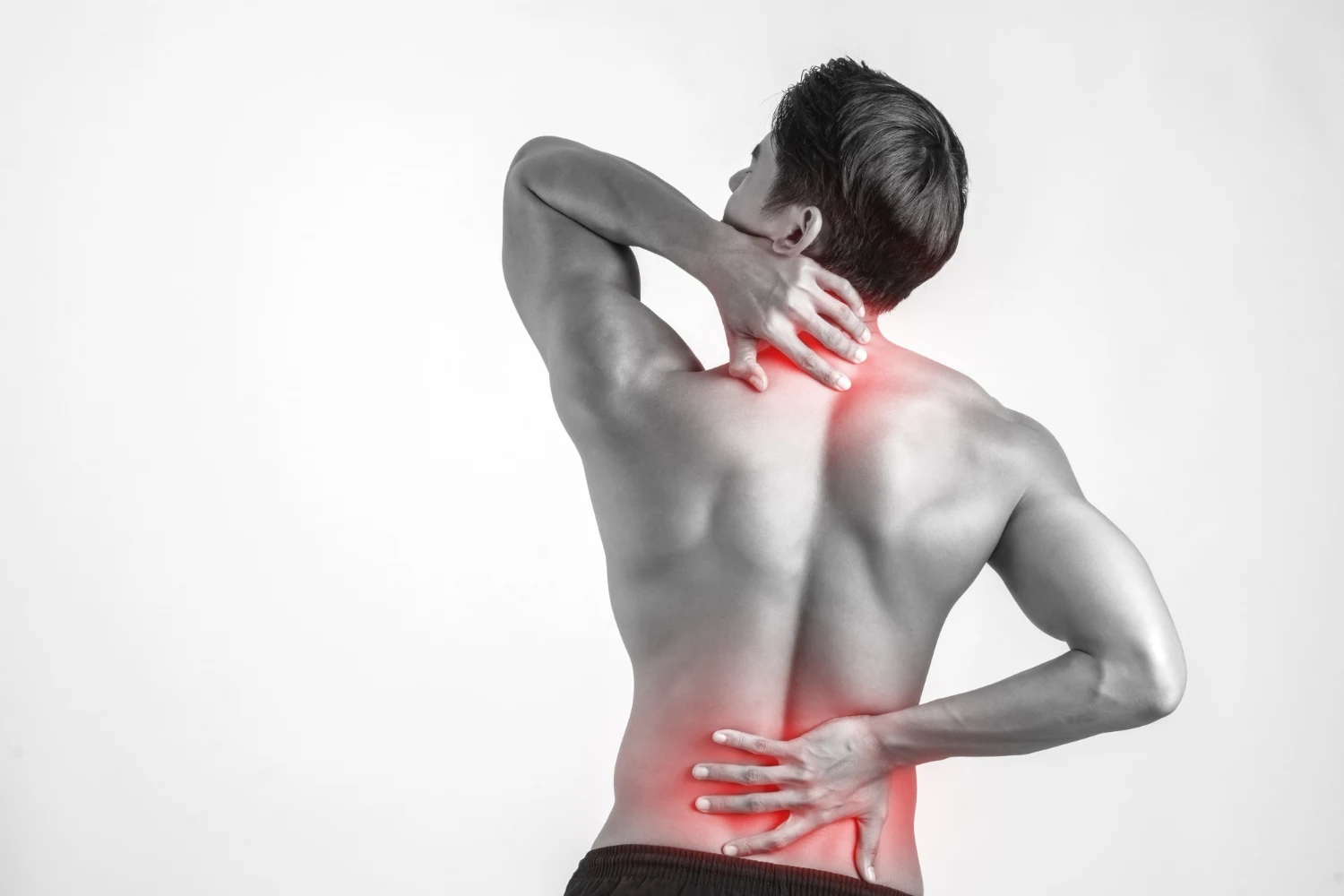What Is A Spine Problem?
Category: Orthopedics
Spine problems are no longer limited to old age. With today's sedentary lifestyle, long screen hours, and increasing stress, spinal issues are affecting young adults, working professionals, and even teenagers. If you’re suffering from persistent back pain, neck stiffness, or numbness in your limbs, it could be more than just muscle strain—it might be a sign of an underlying spine problem.
At Lokmanya Hospitals, we understand how spine conditions can severely impact your daily life, mobility, and mental well-being. With a legacy of clinical excellence, state-of-the-art technology, and a team of best spine specialists, we offer comprehensive spine care, ranging from conservative therapies to advanced spine surgeries. This blog will help you understand what a spine problem really is, its causes, symptoms, and when to seek professional help.
What Are Spine Disorders?
A spine problem is any medical condition that affects the normal structure, alignment, or function of the spine. The spine is made up of vertebrae (bones), intervertebral discs (shock absorbers), nerves, ligaments, and muscles. Together, they support your body and protect the spinal cord—a crucial part of your nervous system.
Spine problems may range from mild back pain to debilitating conditions that affect nerve function and movement. They can be structural (like scoliosis), degenerative (like disc disease), inflammatory (like arthritis), or traumatic (like fractures).
Why it matters:
Spine issues not only cause discomfort but can also lead to permanent nerve damage, limited mobility, and poor quality of life if left untreated.
What Causes Spine Problems?
Many people ask, Why am I facing spine issues if I don’t lift heavy objects? The truth is, the causes of spine problems are far more complex and lifestyle-driven today than ever before.
Major causes include:
- Sedentary lifestyle: Lack of movement weakens core muscles, putting extra load on the spine.
- Poor posture: Constant slouching while working, driving, or using mobile phones strains spinal muscles.
- Age-related degeneration: Discs lose hydration and elasticity, leading to conditions like degenerative disc disease.
- Trauma or injury: Accidents, falls, and sports injuries can damage the spine or vertebrae.
- Obesity: Extra weight stresses the lower back and accelerates disc wear.
- Genetics: Some spinal conditions like scoliosis can run in families.
- Smoking and poor nutrition: These reduce blood supply to spinal tissues, slowing healing and increasing inflammation.
What Are the Most Common Types of Spine Problems?
Here are some of the most diagnosed spine problems that Lokmanya Hospitals successfully treats:
1. Herniated or Slipped Disc
When a disc between two vertebrae bulges out and compresses a nerve, it causes pain, tingling, or weakness.
2. Sciatica
Sharp, shooting pain that travels down the leg, caused by irritation or compression of the sciatic nerve.
3. Spinal Stenosis
A condition where the spinal canal narrows, putting pressure on the spinal cord and nerves—common in older adults.
4. Scoliosis
An abnormal sideways curvature of the spine that can worsen with growth if untreated.
5. Degenerative Disc Disease
Age-related thinning of the intervertebral discs, leading to pain and reduced flexibility.
6. Osteoarthritis of the Spine
A type of arthritis that wears down cartilage between joints, causing chronic stiffness and pain.
7. Compression Fractures
Often caused by osteoporosis, these are tiny cracks in the vertebrae that collapse over time.
What Are the Symptoms of Spine Problems?
Spine problems often develop gradually, and many people mistake them for common backaches or muscle fatigue. However, the spine is the central support system of the body—and when it's compromised, even subtle signs can point to deeper neurological or structural issues. Recognizing early symptoms is crucial to prevent permanent damage or worsening conditions. At Lokmanya Hospitals, we help patients identify and treat spinal issues before they escalate.
Here are some of the most common and concerning symptoms of spine problems:
1. Chronic or Radiating Back and Neck Pain
Persistent discomfort in the lower back, mid-back, or neck is one of the most telling signs. Pain may start as dull and achy but can become sharp, stabbing, or radiate down to the shoulders, arms, or legs—often indicating conditions like herniated discs, spinal stenosis, or degenerative disc disease.
2. Numbness or Tingling Sensations
A “pins and needles” sensation in the hands, arms, legs, or feet can indicate nerve compression or irritation caused by spine-related conditions. This is especially common in sciatica or cervical radiculopathy, where spinal nerves are inflamed or pinched.
3. Muscle Weakness or Difficulty with Movement
If you're finding it harder to grip objects, climb stairs, or lift items that once felt light, your spinal nerves may be compromised. Muscle weakness is often a sign that motor nerve function is affected, which requires immediate evaluation.
4. Poor Balance or Coordination Issues
Feeling unsteady, frequently stumbling, or having trouble walking in a straight line can suggest spinal cord involvement. In conditions like cervical myelopathy, the spinal cord is compressed, leading to poor coordination and mobility issues.
5. Sharp Pain After Sitting or Standing for Long Periods
Experiencing pain that intensifies after prolonged sitting or standing—especially in the lower back—is a red flag for disc problems, lumbar spinal stenosis, or facet joint arthritis. These symptoms often improve when lying down or changing positions, which can help narrow down the diagnosis.
6. Loss of Bladder or Bowel Control (Incontinence)
In rare but serious cases, spine issues like cauda equina syndrome or severe spinal cord compression can cause sudden loss of control over bladder or bowel movements. This is a medical emergency and requires immediate surgical intervention.
When Should You See a Doctor for Spine Pain?
A common question we get at Lokmanya Hospitals is: How do I know when back pain is serious?
You should consult a spine expert if:
- Pain lasts more than 4 weeks
- Over-the-counter medication doesn’t help
- The pain interrupts your sleep or daily activities
- You feel numbness, tingling, or muscle weaknes
- You're unable to walk, stand, or sit comfortably
- You have a known spine condition that’s worsening
Early diagnosis is key to avoiding surgery and preventing complications. Lokmanya Hospitals offers advanced diagnostic tools like MRI, CT scans, and digital X-rays to ensure accurate assessment.
How Are Spine Problems Treated?
Lokmanya Hospitals follows a multi-disciplinary, personalized approach to spine treatment.
Depending on your condition, the treatment plan may include:
1. Non-Surgical Treatments
- Physiotherapy & Rehabilitation
- Pain management with medications and injections
- Posture correction therapies
- Chiropractic care and ergonomic advice
2. Minimally Invasive Spine Surgery
- Microdiscectomy
- Endoscopic discectom
- Spinal fusion surgery
- Laser spine surgery
These techniques are performed by top spine surgeons at Lokmanya Hospitals, ensuring faster recovery, less scarring, and reduced risk of infection.
3. Post-Surgery Recovery & Rehab
- Customized physical therapy
- Core strengthening programs
- Psychological support for chronic pain patients
Why Choose Lokmanya Hospitals for Spine Problems?
Lokmanya Hospitals is recognized as one of the best hospitals for spine treatment in Pune, offering world-class care through its dedicated Spine Care Unit. With a team of experienced spine specialists, neurosurgeons, and orthopedic experts, we follow globally benchmarked protocols to deliver precise diagnosis and personalized treatment. Our facility is equipped with advanced imaging, state-of-the-art surgical infrastructure, and minimally invasive technology to ensure faster recovery and reduced discomfort.
From chronic back pain to complex spinal deformities, we offer comprehensive spine care under one roof—from initial consultation to rehabilitation. Our proven track record includes thousands of successful spine surgeries and consistently high patient satisfaction. At Lokmanya Hospital, we combine medical excellence with compassionate care to restore your spine health and improve your quality of life.
Conclusion
Spine problems are no longer conditions to ignore or “manage” with painkillers. With timely diagnosis and the right treatment, even serious spine conditions can be reversed or managed effectively. Whether you are dealing with a slipped disc, nerve pain, scoliosis, or degenerative disease, help is available—and Lokmanya Hospitals is here for you every step of the way.
Your spine supports your body. Let us support your spine.
Book your consultation today with the best spine doctors at Lokmanya Hospitals.
Frequently Asked Questions (FAQs)
Q1: What is the most common spine problem?
The most common is herniated disc or slipped disc, often caused by wear and tear or sudden injury.
Q2: Are spine problems treatable without surgery?
Yes, many spine issues can be treated non-surgically through physical therapy, medication, and lifestyle correction.
Q3: How long does it take to recover from spine surgery?
Minimally invasive spine surgeries offered at Lokmanya Hospitals ensure quicker recovery, usually within 4–6 weeks, depending on the condition.
Q4: Is Lokmanya Hospital the best place for spine surgery?
Yes, Lokmanya Hospitals is considered a top hospital for spine treatment in India, offering expert care, advanced technology, and excellent outcomes.
Q5: Can young adults get spine problems?
Absolutely. Due to bad posture, excessive screen time, and stress, even people in their 20s and 30s report serious spinal issues today.
Previous blog

Is Mesh Necessary in Hernia Surgery?
Next blog






